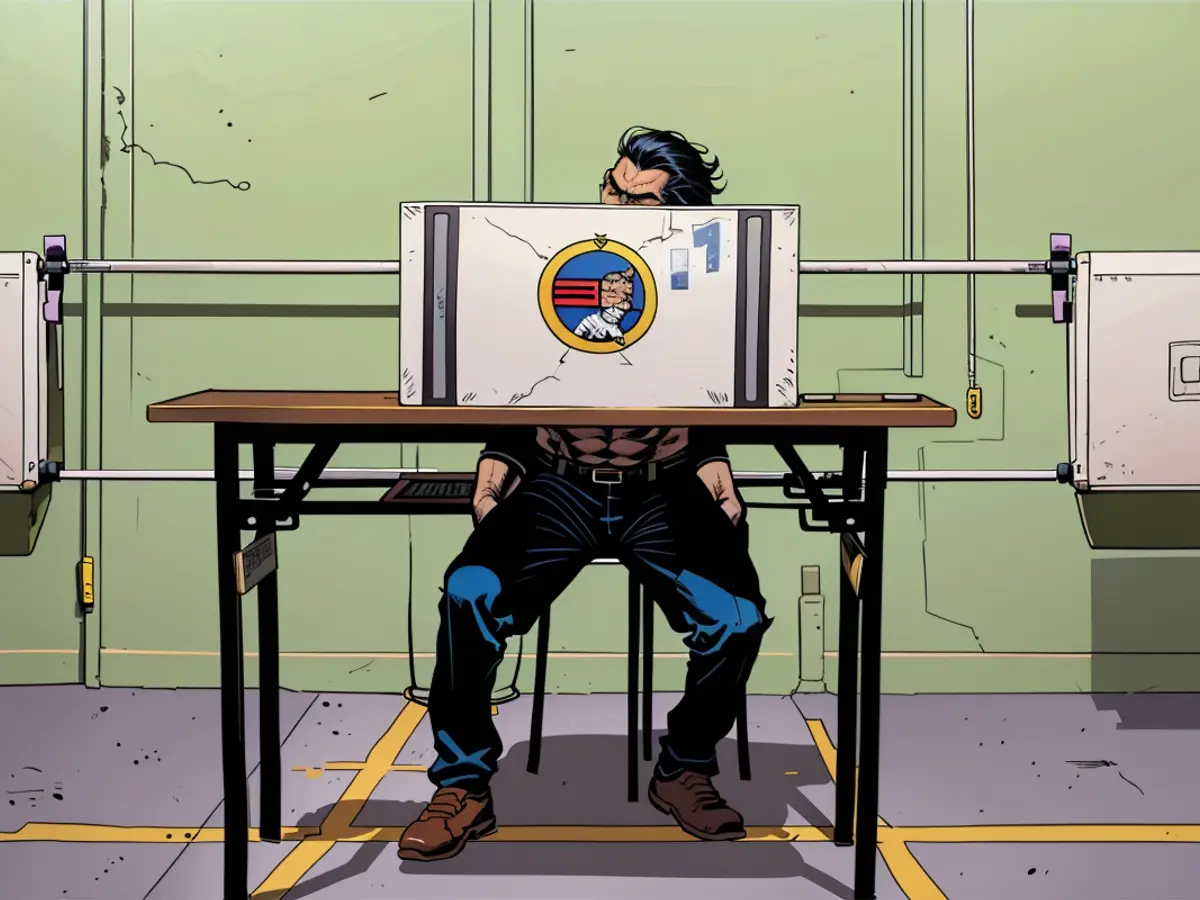People in Mongolia have elected a new parliament
With preliminary results calculated a few hours after the polling stations closed at 10:00 PM local time (16:00 PM CET), as an AFP journalist observed, long queues formed in front of a polling station at a school in the center of Ulan Bator. Many voters wore traditional clothing. Various parties put themselves forward for the election from the political spectrum. Along the streets of the capital city, where about half of the Mongolian population lives, numerous colorful campaign posters were displayed.
Prime Minister Oyun-Erdene cast his vote at a kindergarten in Ulan Bator, according to an AFP reporter. He said, "I hope that with this election, a new chapter of trust and cooperation between the state and the citizens will be opened."
Despite the dissatisfaction of many people due to widespread corruption, inflation, and lack of opportunities for the younger generation, surveys indicate that Oyun-Erdene's MPP is likely to retain their majority.
The favorable prospects of the ruling party are reportedly largely due to the coal mining boom in Mongolia over the past decade. This enabled many Mongolians to significantly improve their living standards. Moreover, the MPP, the successor party of the communists who ruled the country with an iron fist until the early 1990s, still enjoys popularity among the older rural population and has a large party apparatus. The opposition is also weak and divided.
According to data from the non-governmental organization Transparency International, corruption in the country has significantly worsened in recent years, as evidenced by Mongolia's falling position in the international Press Freedom Index of Reporters Without Borders. Some observers fear that the MPP could further erode democratic freedoms in the country during another term in office.
The sparsely populated Mongolia is rich in natural resources, including coal, copper, and iron ore. Over 86% of its exports go to China. Unlike its neighbors, the country is democratically governed. The government in Ulan Bator maintains good relations with both Beijing and Moscow. Mongolia is one of the countries that have not explicitly condemned Russia's aggression against Ukraine.
People expressed their concerns about corruption, inflation, and limited opportunities for the younger generation during the election in Ulan Bator, despite the favorable prospects of Oyun-Erdene's MPP. China, being Mongolia's main export market, plays a significant role in the country's economy, with over 86% of exports going to China. Despite Mongolia's democratic governance and good relations with both Beijing and Moscow, concerns about corruption persist, as highlighted by Transparency International's data.







